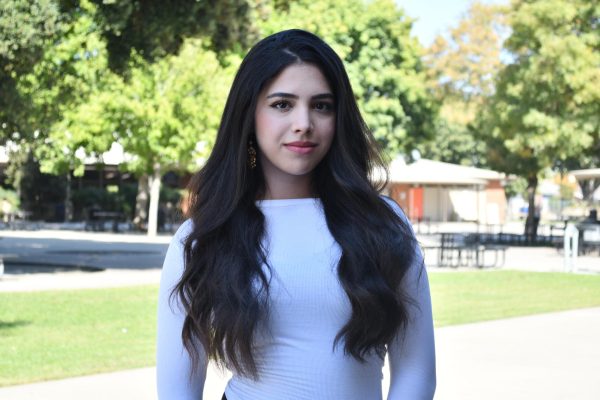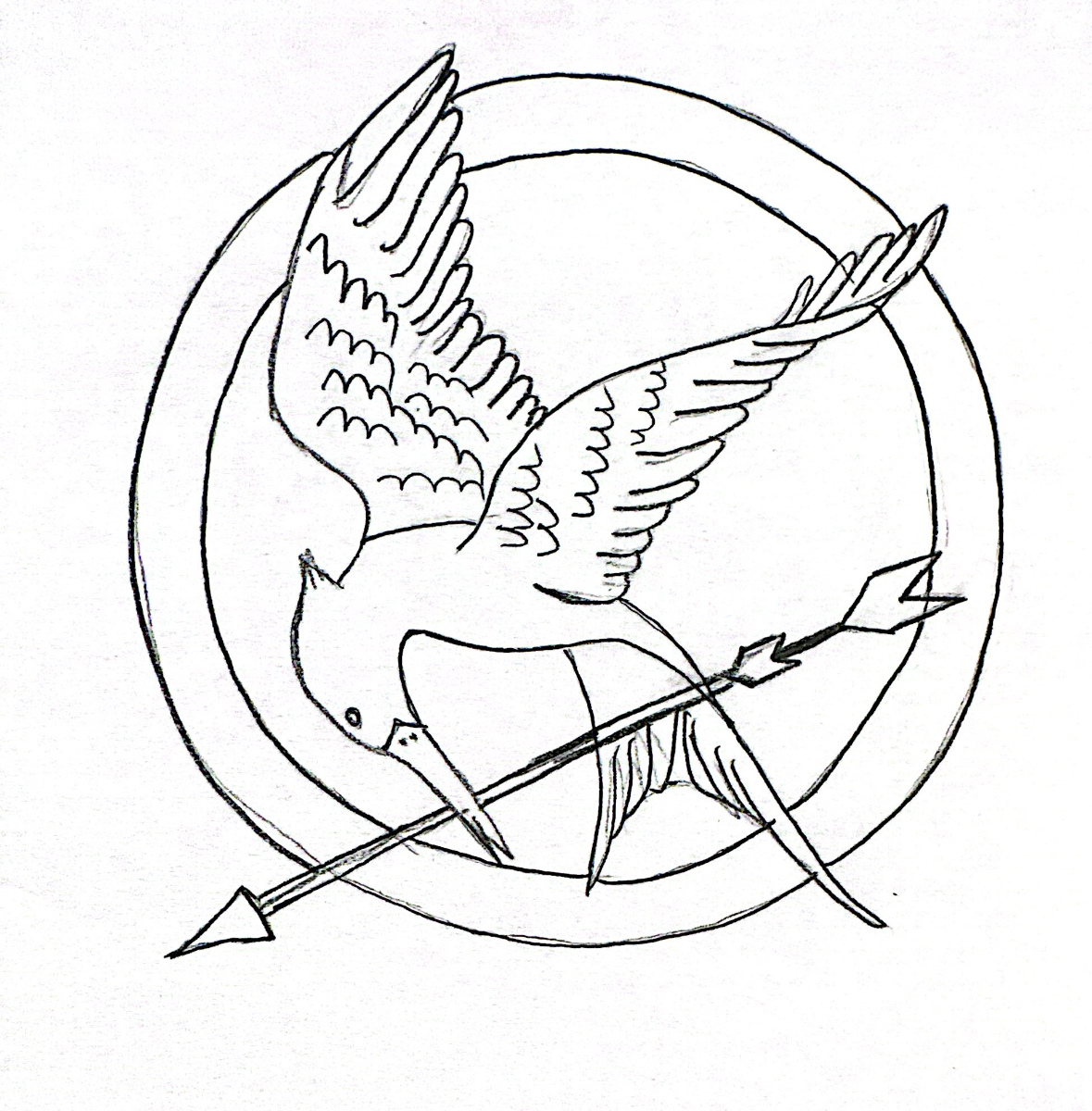Reading Khaled Hosseini’s A Thousand Splendid Suns was not just an experience—it was a transformation that lingered long after the last page was turned. From the moment I opened the book, I was swept into a story that clings to the soul, a narrative so powerful and intimate that it left me deeply changed. Hosseini doesn’t just tell a story; he immerses you in the lives of Mariam and Laila, two Afghan women whose bond becomes the beating heart of this extraordinary novel.
Set against the turbulent backdrop of Afghanistan’s recent history—the Soviet invasion, the rise of the Taliban, and the post-9/11 era—A Thousand Splendid Suns opened my eyes to a culture and a way of life that felt both distant and heartbreakingly close. Hosseini’s depiction of Afghanistan is vivid and multifaceted. He paints a picture of a land ravaged by war but also captures its enduring beauty, traditions, and the resilience of its people. Through his words, I could almost feel the heat of the Kabul sun, smell the bread baking in neighborhood tandoors, and hear the laughter of children playing in the streets.
At the heart of the novel are Mariam and Laila, two women from different backgrounds who, by a cruel twist of fate, find themselves thrown together under the tyrannical hand of a shared husband, Rasheed. Mariam’s life has been defined by shame and rejection, while Laila’s began with hope and promise. Instead of letting tragedy silence them, they rise, finding in each other a rare and pure kinship. Their bond, forged in pain but strengthened by hope, is a testament to the unbreakable spirit of sisterhood. Through Mariam’s quiet strength and Laila’s fierce resilience, we witness both the devastation and the beauty of their lives in a war-torn land—a place where bombs fall like rain, yet hearts continue to beat with astonishing courage.
Hosseini doesn’t shy away from portraying the harsh realities of life for women in a deeply patriarchal society. He shows the strength and agency women can find even within such constraints. Mariam and Laila face painful limitations, yet Hosseini doesn’t reduce Afghan culture to mere oppression. Instead, he reveals how culture can also be a source of strength, solidarity, and identity. Through rituals, language, and heritage, Afghan women assert their worth and create a sense of belonging, even within restrictive confines. The book’s title, A Thousand Splendid Suns, taken from a poem by Saib Tabrizi, captures this beauty and resilience, symbolizing the enduring strength of Afghan women.
What makes this book unforgettable for me is its ability to balance devastation with hope. Reading it is like learning a language that has no words—an exploration of love, not romanticized, but raw and real. It’s about the kind of love that lives in a mother’s sacrifice, a friend’s silent tears, and a stranger’s act of kindness in a world that offers no mercy. This book challenges us to question what we are willing to endure and sacrifice, to consider how fragile and resilient we are, often in the same breath.
Hosseini’s prose is lyrical and deeply affecting, weaving a narrative that feels both intimate and epic. Alternating between Mariam and Laila’s perspectives, he writes with empathy and grace, making readers feel like witnesses to the sacred, private moments of his characters’ lives. The emotional depth of the novel is staggering; Mariam and Laila’s struggles and triumphs resonate deeply, inviting reflection on the strength of the human spirit and the universal desire for dignity and love.
There were many times I had to stop reading just to breathe and let myself take it in. Oftentimes I cried, overwhelmed by the sheer humanity of it all. I found myself haunted by Mariam’s quiet dignity and Laila’s fiery spirit—their courage in the face of a world that tried so hard to rob them of freedom and dignity. Their strength made me reflect on my own life, the strength I might need one day, and the kindness I could offer others.
Hosseini’s words left me humbled and aware. A Thousand Splendid Suns felt like a call to recognize the quiet heroes among us—the ones who endure, who find hope in slivers, who survive because they love something or someone too much to give up. It’s impossible to walk away from this book without feeling like you’ve glimpsed the soul of human endurance. It left me with a deep respect for the women, mothers, and daughters of this world who bear so much more than we can ever know.
If there’s one thing I can say with certainty, it’s that this novel will stay with me always and forever. A Thousand Splendid Suns left me changed—a little quieter, a lot more thoughtful, and infinitely more aware of the beauty and resilience found in the face of adversity. It’s not just a story—it’s a tribute to the strength of women, the bonds that sustain us, and the hope that keeps us alive even in the darkest times. Khaled Hosseini has created something truly extraordinary, and I can’t recommend it enough.
Categories:
Book Review: A Thousand Splendid Suns, by Khaled Hosseini
Inshirah Awawda, Reporter
December 12, 2024
0
More to Discover
About the Contributor

Inshirah Awawda, Reporter
Inshirah Awawda is a first year Clarion student, a sophomore at Selma High, and a reporter of the Clarion. Inshrah is extremely honored and excited to have the opportunity to be in the Clarion. She is very family oriented, but is also deeply fond of spending her time alone and reading books, especially English literature.


